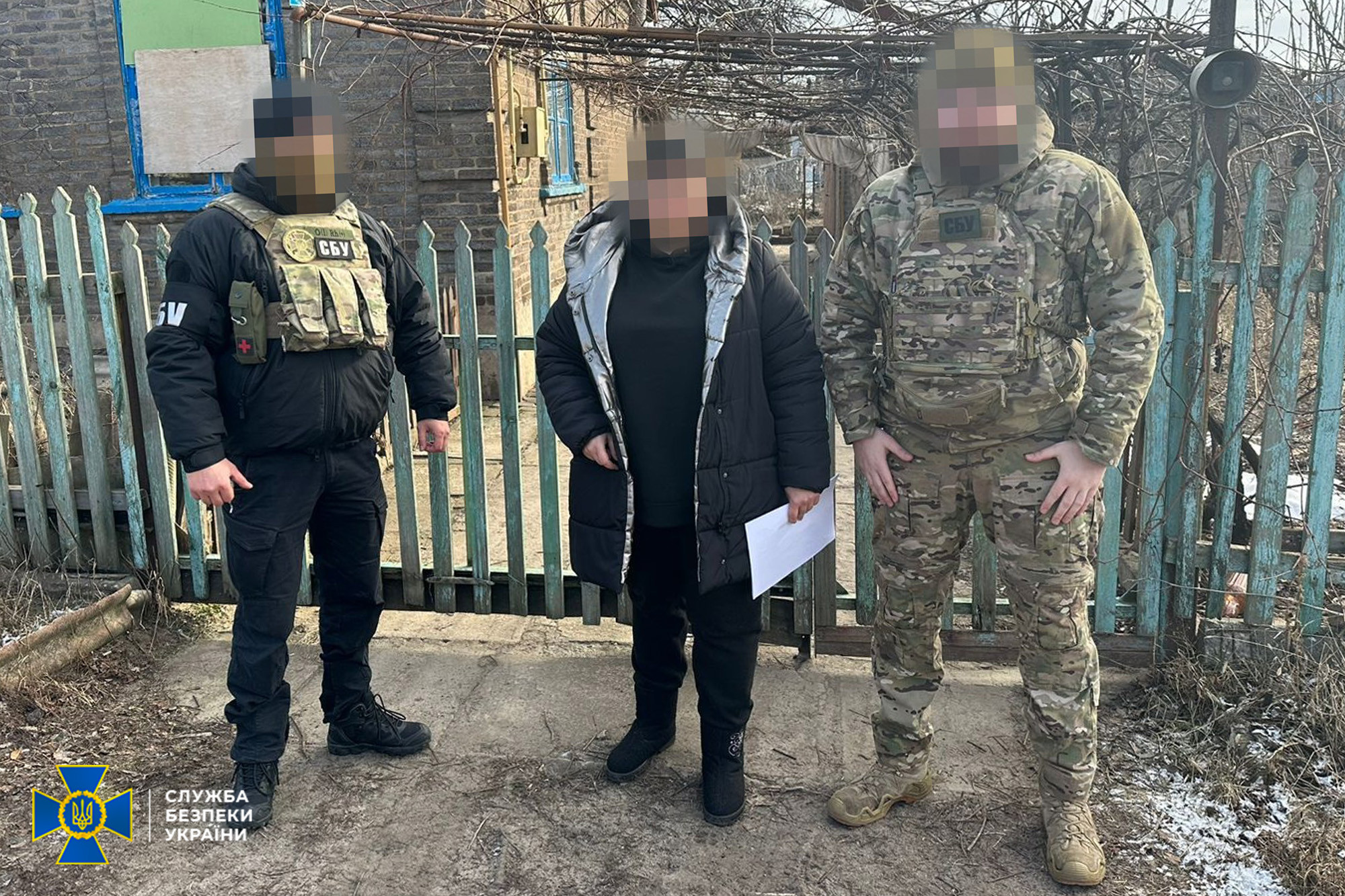Counterintelligence of the Security Service has neutralized a branching espionage network of the FSB. As a result of the special operation, 5 Russian agents were simultaneously detained, operating in the Odessa, Zaporizhzhia, and Donetsk regions.
The criminals were involved in intelligence gathering on the locations with the highest concentration of personnel and military equipment of the Armed Forces of Ukraine in the frontline areas. Additionally, they attempted to identify storage facilities for ammunition and fuel and lubricants of the Defense Forces.
Furthermore, they were interested in the geolocations and operations of industrial facilities where heavy weaponry of the Ukrainian forces is repaired.
Alongside this, collaborators of the occupiers gathered information about the consequences of enemy flights and "verified" coordinates for new missile attacks from Russia.
For concealment, the participants of the Russian espionage acted separately from each other but were "accountable" to a single curator of the group – a personnel collaborator of the FSB. His identifying information is already known to the SSU.
_1707122159.jpg/hwLZTGxx8Omgqg22HL8GPNAoea3mPZ2oLVG6K7A9.jpg)
Among those detained was an official from the department of one of the city councils in Donetsk. In addition to her, there were two more enemy agents in the region – a former employee of a local communal enterprise and a resident of Kramatorsk.
Another participant in the enemy group was revealed to be an engineering technologist from one of the defense enterprises in Zaporizhzhia. The participant leaked intelligence to the FSB regarding the repair of combat equipment at the production facilities of the factory.
Another Russian agent was identified as an employee of a transportation company from the Odessa region. Following the instructions of Russian special services, he collected information about the possible transfer of off-road vehicles for the needs of the Armed Forces of Ukraine.
According to the investigation, before recruitment by the Russian special services, each of the individuals was an active participant in pro-Kremlin groups on popular messaging platforms. This drew the attention of the FSB, which subsequently remotely engaged them in cooperation.

To communicate with the agents, their Russian curator created an anonymous chat for each of them, deleting all read correspondence.
During searches, mobile phones used by the detainees for communication with the FSB were confiscated. Currently, the Security Service investigators have informed the suspects of charges under Article 111 Part 2 of the Criminal Code of Ukraine (state treason committed during a state of war).
The criminals are in custody, and they face potential life imprisonment.





















